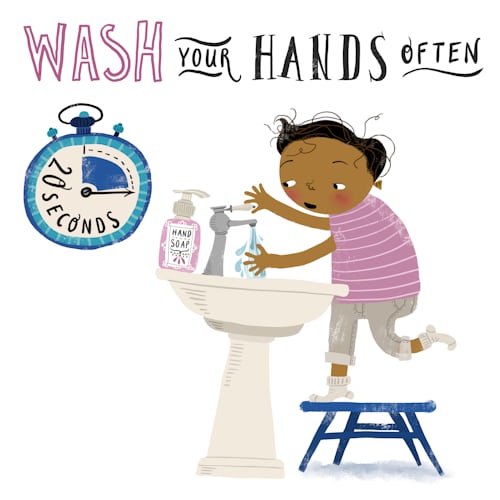Last modified: June 26, 2020

Best Hygiene Practices
Recent Posts
-
COVID19 Prophylaxis
June 3, 2020
Dates To Remember
World Cancer Day – February 4th
World No Tobacco Day – May 31st
Cancer Survivors Day – First Sunday of June
Cancer Rose Day – September 22nd
World Hospice And Palliative Care Day – October 6th
Cancer Awareness Day– November 7th
NCD Awareness Day – December 8th
Join us on Social Networks
Cancer Aid Society Head Office Lucknow: 4th Floor, Sunshine Court Phase II 66C Prag Narain Road, Lucknow (U.P.) India -226001
Phone/ Fax: +915224953966
Email : help@canceraidsocietyindia.org
Website: www.canceraidsocietyindia.org
Regional Offices : Delhi , Mumbai , Hyderabad , Chennai , Kolkata , Ahmedabad , Bengaluru



